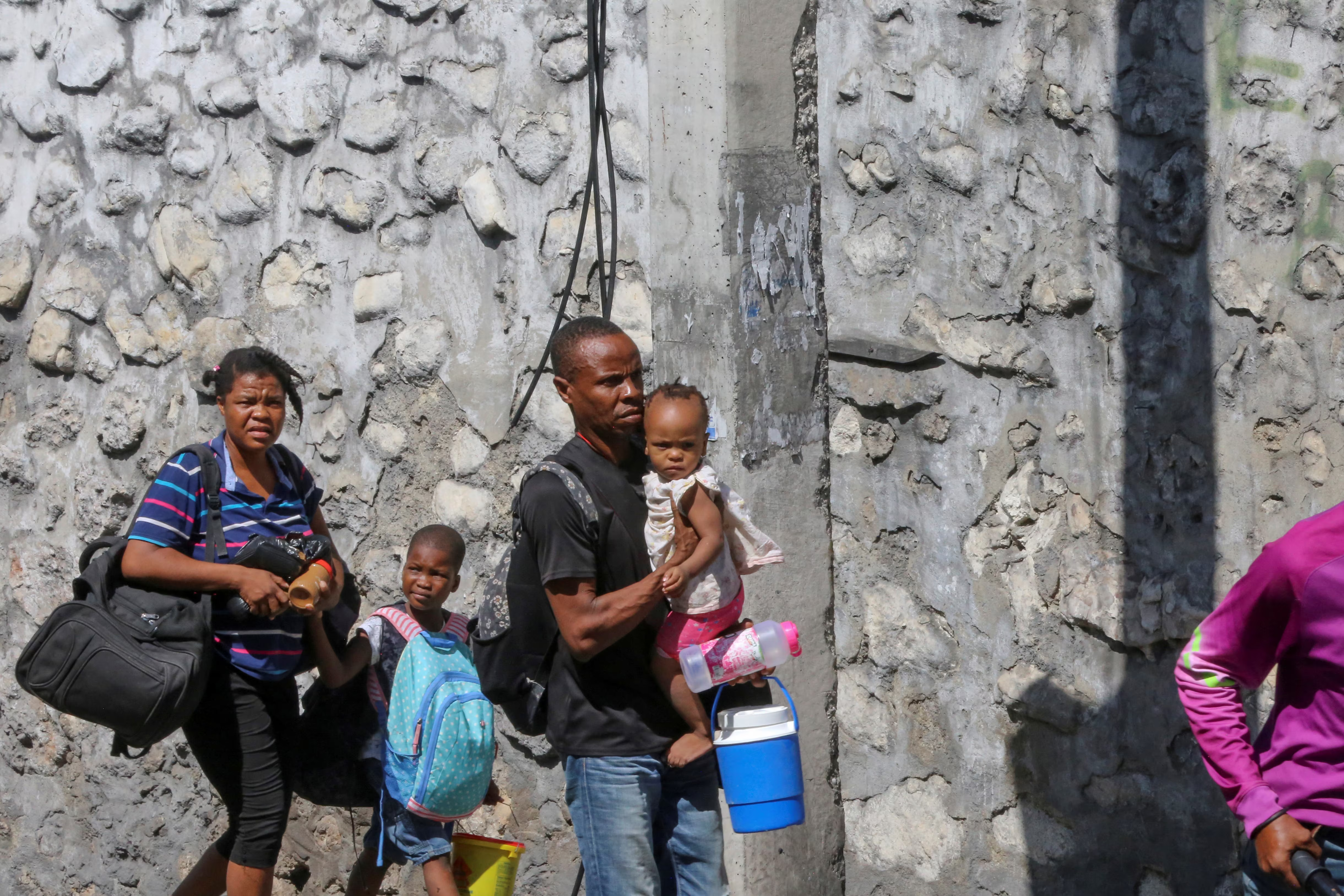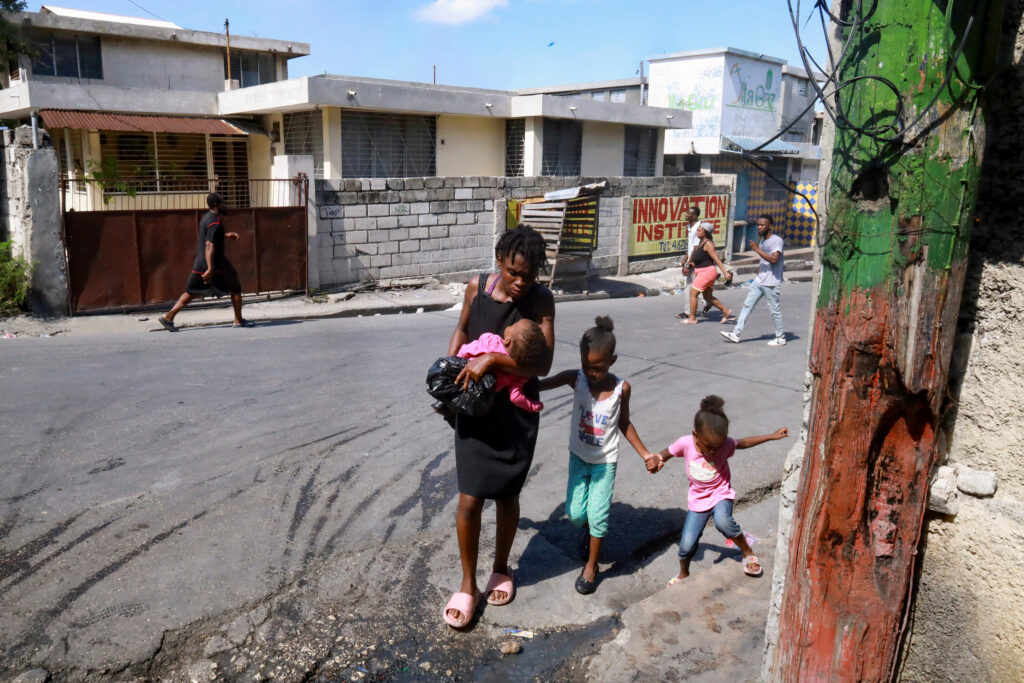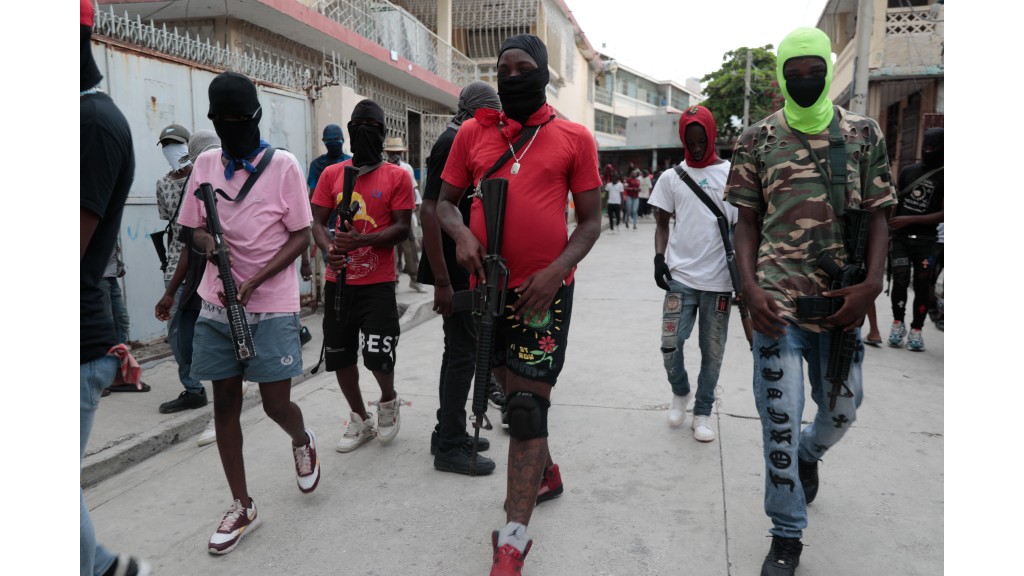Residents of central Port-au-Prince, Haiti, fled their homes Thursday as gang violence spread to one of the capital’s few remaining areas not already under criminal control, marking a significant expansion of gang territory amid deepening political chaos.

Reuters witnesses observed crowds rushing through streets of the Solino and Nazon neighborhoods, carrying suitcases, backpacks, and small children while heavily loaded vehicles sped past. The exodus followed reports of a police officer’s death in the area, according to local media.
The territorial expansion by the Viv Ansanm gang coalition comes as Haiti’s political leadership faces fresh turmoil. The transitional presidential council this week removed Prime Minister Garry Conille after just months in office, while internal council disputes have hampered security initiatives.

The International Organization for Migration reports that more than 700,000 Haitians have been forced from their homes during the extended conflict. The violence has claimed thousands of lives amid widespread reports of sexual assault, ransom kidnappings, and extortion. Approximately 6,000 people now face famine-level hunger conditions.
The deteriorating security situation prompted the United States to impose a month-long ban on U.S. commercial flights to Haiti after aircraft were struck by gunfire.

While the immediate number of people fleeing Solino and Nazon remains unclear, the neighborhoods rapidly emptied as gang presence increased. The expansion represents a significant shift in Port-au-Prince’s power dynamics, with criminal groups now controlling most of the capital while a long-delayed international security mission has made little progress.
The crisis continues to deepen as gang coalitions cement their hold over the Caribbean nation, exploiting political instability and weak governance to expand their territorial control and influence.



